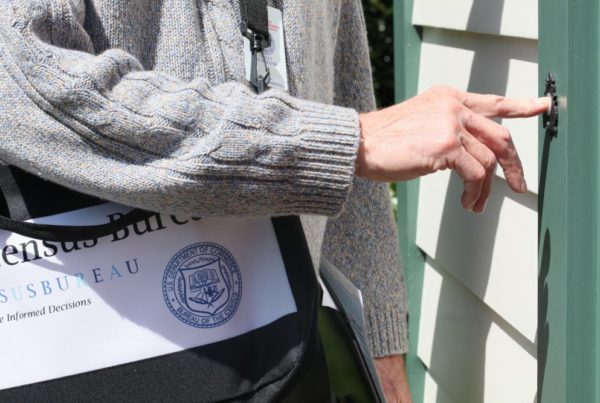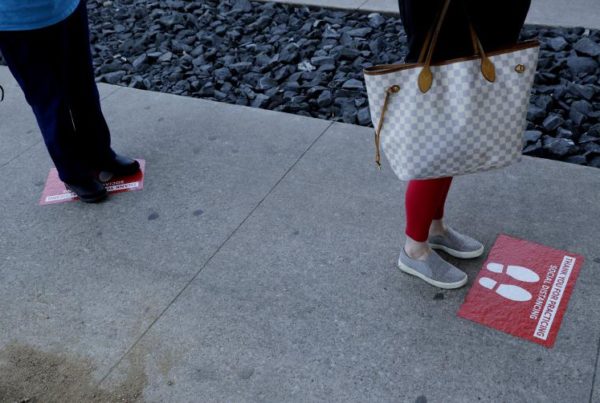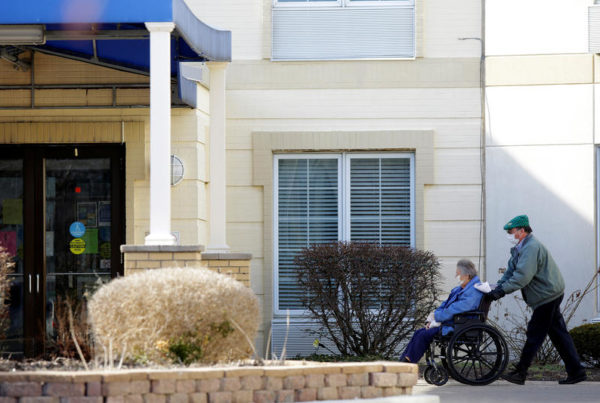Rural hospitals in Texas face many challenges to staying in business, even when they aren’t having to manage the effects of a pandemic.
Three such hospitals are doing whatever they can to prepare for a potential surge of patients as the coronavirus spreads across Texas.
In Carrizo Springs, Dr. Joan Agwai, medical director of Dimmit Regional Hospital, says while there are no positive cases in Dimmit County so far, she hopes that doesn’t change much because hospital resources are limited. And to get what she needs, she’s had to spend more than usual.
“In quite a few cases, these manufacturing companies are up-charging for personal protective equipment, sanitizers, disinfectants,” Agwai says. “So we’ve had to pay a higher cost for those expenses.”
Her hospital also isn’t equipped to treat severe cases of COVID-19; it would have to transfer those patients to a larger hospital.
But Jayne Pope, CEO of Hill Country Memorial Hospital in Fredericksburg, says she isn’t expecting the larger, urban hospitals to have the capacity for outside cases. So she’s finding ways to prepare for treating COVID-19 cases in-house, like converting anesthesia machines to ventilators. She says the potential for severe cases in Gillespie County is high because the population there is older.
Staffing is another issue for rural hospitals, especially during the pandemic. For Pope’s hospital, adding ventilators means her staff has to operate those extra machines and care for the patients using them, straining already limited human and financial resources. At Winkler County Memorial Hospital in Kermit, CEO Lorenzo Serrano says his hospital has just one physician and four mid-level health care workers. If any one of them becomes sick with COVID-19, that could hinder the hospital’s ability to function.
There are no cases in either of the three counties – Dimmit, Gillespie or Winkler – but hospitals in all Texas counties are under a statewide ban on nonessential procedures. That means rural hospitals can’t get the revenue they rely on from elective surgeries. Pope says her hospital is only conducting 3% of the surgical procedures it normally does.
“We know that the high-volume cases, the surgical cases, are high-revenue cases, and it’s certainly affecting today’s cash on hand,” Pope says. “It’s affecting decisions that we will be making for the future.”
Agwai says the ban on elective surgeries is also affecting her hospital’s bottom line. But that’s not all. Recent cuts in government funding have also made operations difficult.
“We’re talking millions of dollars,” Agwai says.
She says that lack of funding, coupled with the pandemic, puts the “long-term viability” of her hospital in jeopardy.
“It’s basically killing us right now,” Agwai says.
Written by Caroline Covington.














